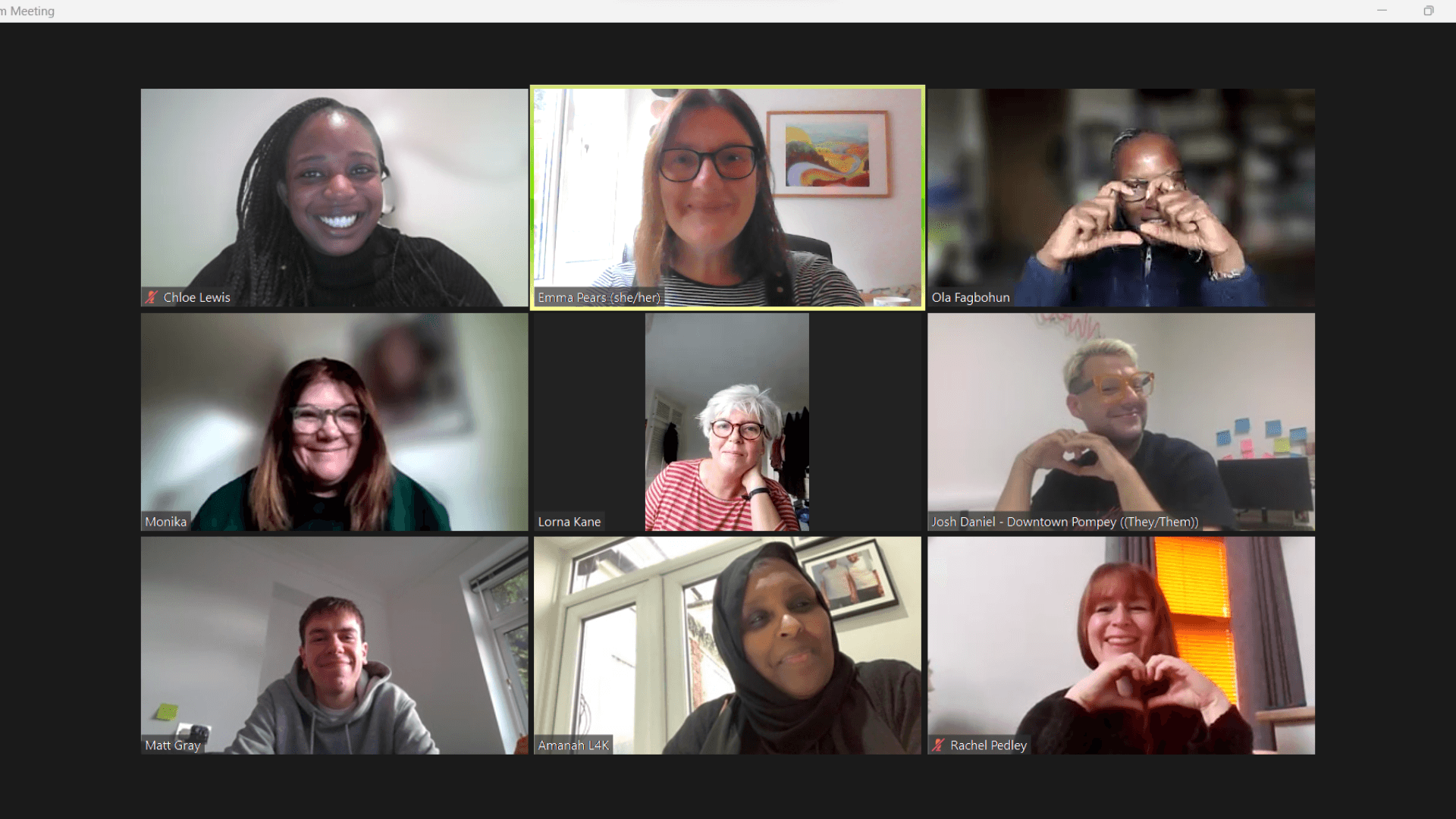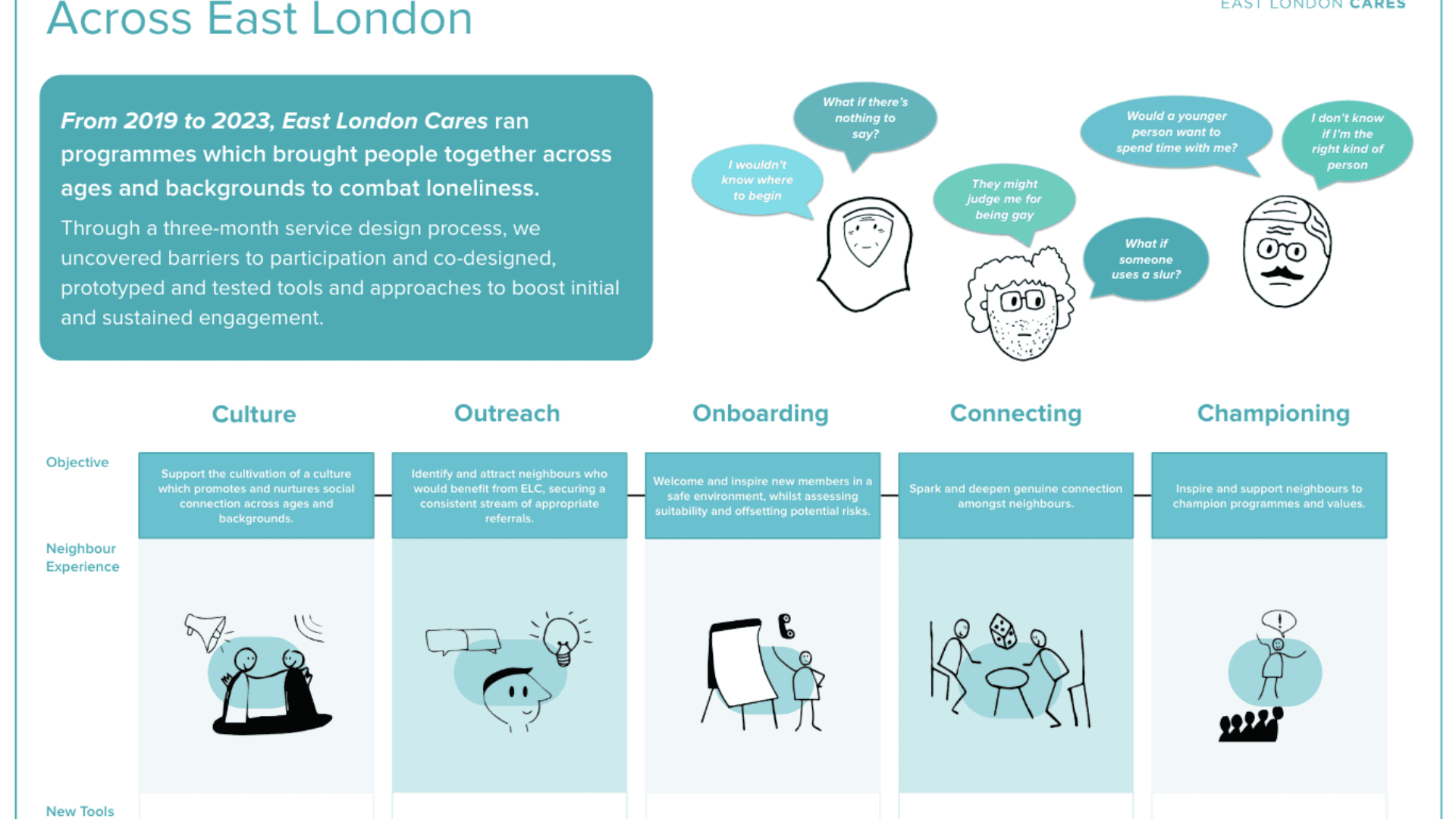
Loneliness affects young people too. Here are 12 ways to keep it at bay
Posted by The Cares Family on 10th May 2020
Please note: this post is 58 months old and The Cares Family is no longer operational. This post is shared for information only
Over the past two months, we’ve heard much about the isolation and loneliness of older people, as social distancing measures begin to dictate our lives. But while the stories of loss amongst our elders is always heartbreaking – and loneliness is damaging to individuals, to public health and to our wider social fabric – we’ve heard less about the impact of distancing on the loneliness of younger people specifically during the Covid-19 crisis.
Loneliness doesn’t discriminate by age. Rather, it’s circumstance, and underlying social determinants, that make it more or less likely that different groups will be more or less susceptible to the affliction. Indeed, the reason that The Cares Family model works is because it focuses on older and younger people alike; in big cities that are more likely to isolate; in a nation that is amongst the most age segregated in the world – and it does so in a way that harness the changing people and places around us for the benefit of all.
Now there is evidence that, as Covid-19 changes all our worlds, young people are feeling the effects of loneliness the worst. A new study by Cambridge University shows that while 24% of all adults in the UK have felt lonely because of coronavirus, young people were the most affected group, with 44% of people aged 18 to 24, and 35% aged between 25 and 34, saying they felt lonely during the lockdown.
But in a time when we are all feeling the strain of being apart, we don’t have to feel alone.
That’s why The Cares Family’s #AloneTogether campaign has been shared across the generations and partners, to help people to find joy and stay connected even in a disconnecting time. And it’s why our new Virtual Social Clubs and Phone-A-Friend projects have focused on helping the generations find a little solidarity, even in solitude.
Here are 12 things we’ve learned through those new projects which have helped younger and older people alike to ward off loneliness:
- Recognise it. Loneliness is a natural human emotion and there’s no shame at all in feeling lonely. But our societies which have prioritised what’s efficient over what’s important – and saving time rather than spending quality time with others – make chronic loneliness more likely. So be conscious of how you’re feeling. If you’re feeling lonely, name it and share it with others – you will be amazed at how many people recognise their own emotions in yours. And when we feel seen and heard, we feel more connected to the world around us.
- Connect. Just because there are fewer social spaces out there for us to enjoy these days, doesn’t mean we have to neglect our human need to connect with others. Many younger people in The Cares Family are finding solace in our virtual socials, in online fundraising quizzes, in long phone calls with older neighbours, by sending letters around the world, and through visits at an appropriate distance to older friends in the community – because connection is a two-way street.
- Find gratitude. Gratitude is a superhighway to connection, so take a minute to think about what you’re grateful for. It might be your friends, your pets, your job or historical figures who have inspired you.
- Give yourself a break. Working from home can intensify the pressure to be productive, to show your value, or to demonstrate the good use of the time reclaimed from cancelled commutes. That’s fine – productivity and progress can feel good. But don’t beat yourself up if you’re not achieving everything you set out to achieve in your 2020 plan right now. Be realistic. Make new plans that account for the changed world. And make one of those a break from social media and the news which can both leave us feeling anxious, bored and out-of-control.
- Reflect. Before the crisis began, how many of us craved a moment’s pause – a chance to reflect, to have an evening in, to think back on past successes and failures at work or in our personal lives? Now is the perfect time to look back, to look at old photos and to reach out to the people in them for a chat. Thinking about the journey you’ve been on doesn’t have to lead to nostalgia or mawkishness – in fact, it can help you see the future with more clarity and certainty. Then write down how you feel and think about new adventures.
- Escape. Constant Zoom and Teams calls can be wearisome. Staring at a screen for 12-15 hours a day can leave us feeling numbed. So get offline, and escape into a book, a record, a podcast, a discussion. It could be something you’ve always loved but which you approach with a different perspective now, or it could be something entirely new that surprises you or transports you to another place altogether.
- Play. Space to play is space to be human – to be silly, funny, childlike, or easy to laugher. Play can be quick – the sharing of a joke or comedy sketch – or it can be slow: an evening of card games, a 1,000-piece jigsaw completed over days or weeks, the building of a model. Think about what you loved doing as a child and reconnect with that feeling.
- Exercise. As with mental health generally, exercise is a key to connection. If you’re not used to regular exercise, it can be hard to build the habit. But now is the time to set that habit – so start by running around the block and build up to 1km, 3km, 5km and beyond; or try a few burpees at home or a good old-fashioned walk. Borrow or hire a bike and cycle round the park. You can even exercise with friends at an appropriate distance, or while chatting to them on the phone.
- Get creative. In April and May, older and younger neighbours have shared 61 creative ideas through The Cares Family’s #AloneTogether activity packs. There are so many creative projects the generations have enjoyed, from poetry sharing to imagining dream outfits for dream parties, to drawing and cooking.
- Seek nature. While there are fewer planes in the sky and there’s less noise on the streets, nature has shown its abundance even in our big cities. Notice the birdsong and learn more about the birds creating it. Pay attention to the caterpillars in hedges. Get a new plant and keep a diary of its progress and behaviours. Pause for a moment with animals you see as you’re out for your exercise; or write down every living thing you notice in a day. There is wonder everywhere.
- Listen. Everyone has a story to tell – of love and loss, hope and heartbreak, mischief and misadventure. But we seldom take the time to really listen deeply to others, to give those stories an audience, to help our loved ones and our neighbours to feel valued, vibrant and visible. Listen in particular to the wonderful life stories of older people like Johnny.
- Sleep. Few things make for good mental health like sound sleep. It can leave you feeling more optimistic, lighter, more joyful. And while the anxieties of the modern world can often fill up heads and make proper rest harder to come by, the tips above may also improve sleep and create a positive cycle of improved learning, better memory, higher energy and the feeling that you have more time.
Finding connection in a disconnecting time can be exacting. But as our research in The Cares Family over many years has shown, it can also lead to richer lives: improved happiness, a greater sense of community, more appreciation of the world, a greater sense of belonging, a deeper connection to self – and a feeling of being ‘part of something bigger’ than our own lives. As we look to the future, these are lessons for how we build a better world not just during this crisis, but for the longer term too.


